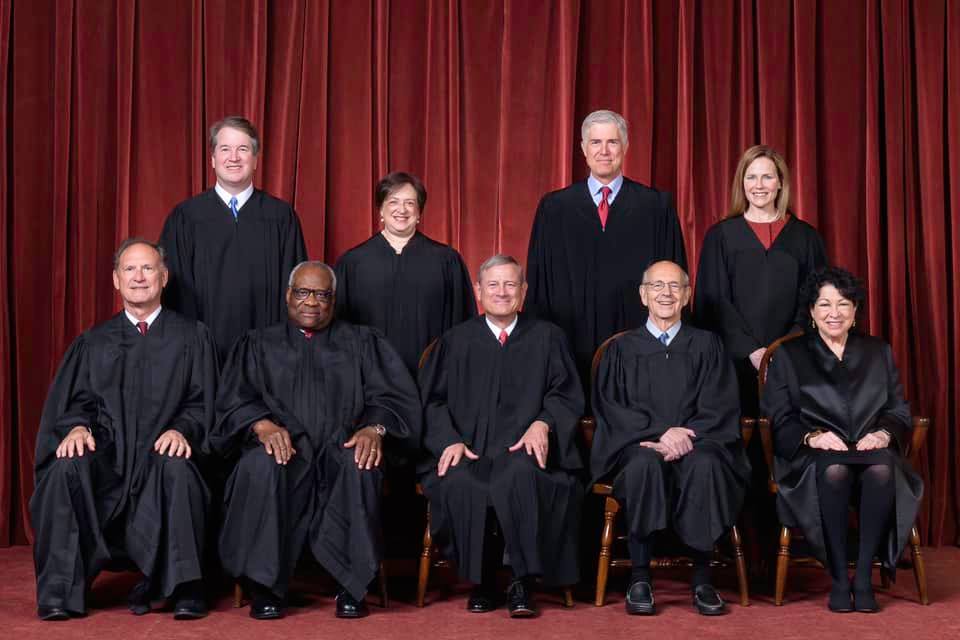UNITED STATES−On Thursday, June 17, the Supreme Court of the United States (SCOTUS) sided with petitioner, Catholic Social Services (CSS) after the City of Philadelphia refused to include CSS as a viable resource for Philadelphia’s foster care children.
In a 9-0 ruling Justices sided with Catholic Social Services in the Third Circuit case No. 19–123, FULTON ET AL. v. CITY OF PHILADELPHIA, PENNSYLVANIA, ET AL. Argued November 4, 2020—Decided June 17, 2021

In the case of Fulton vs. Philadelphia, on page two of the opinion of the court, it reads that when the court sends a referral for foster care, the children are then placed with, “the most suitable family,” for the child(ren) in need.
The opinion of the court goes on to explain that the religious views of CSS are that, “marriage is a sacred bond between a man and a woman,” and “because the agency understands the certification of prospective foster families to be an endorsement of their relationships, it will not certify unmarried couples—regardless of their sexual orientation—or same-sex married couples.”
Page three of the opinion reads, “no same-sex couple has ever sought certification from CSS,” and “if one did, CSS would direct the couple to one of the more than 20 other agencies in the City all of which currently certify same-sex couples. For over 50 years, CSS successfully contracted with the City to provide foster care services while holding to these beliefs.”
The US Supreme Court upholds religious freedom in a unanimous ruling in the Fulton vs. Philadelphia case, which pitted a Catholic foster care agency against the Pennsylvanian city.https://t.co/Bokow8Nl9Z
— Vatican News (@VaticanNews) June 18, 2021
The City of Philadelphia argued that prospective parents shall not be rejected due to sexual orientation.
Supplementary Application to Brief for City Respondents 16–17 reads, “Rejection of Referral. Provider shall not reject a child or family including, but not limited to, . . . prospective foster or adoptive parents, for Services based upon . . . their . . . sexual orientation . . . unless an exception is granted by the Commissioner or the Commissioner’s designee, in his/her sole discretion.”
SCOTUS Rules In Favor Of Catholic Christians
Former Vice President, Mike Pence, commended the Supreme Court’s decision.
Today’s SCOTUS decision in Fulton v. City of Philadelphia, Pennsylvania is a Victory for Catholic Social Services, Foster Care and for the Religious Freedom for Every American! 🇺🇸https://t.co/tKXvDbs1Xb
— Mike Pence (@Mike_Pence) June 17, 2021
Justice John Robert’s opinion was joined by Justices; Stephen Beyer, Sonia Sotomayor, Elena Kagen, Brett Kavanaugh, and Amy Comey Barrett.
Justice Amy Comey Barret wrote her own opinion to which Justice Kavanaugh concurred and Justice Breyer agreed in part. In her opinion, Justice Barret wrote;
“As the court’s opinion, today explains, the government contract at issue provides for individualized exemptions from its nondiscrimination rule, thus triggering strict scrutiny,” and “all 9 Justices agree that the city, cannot satisfy strict scrutiny.”






